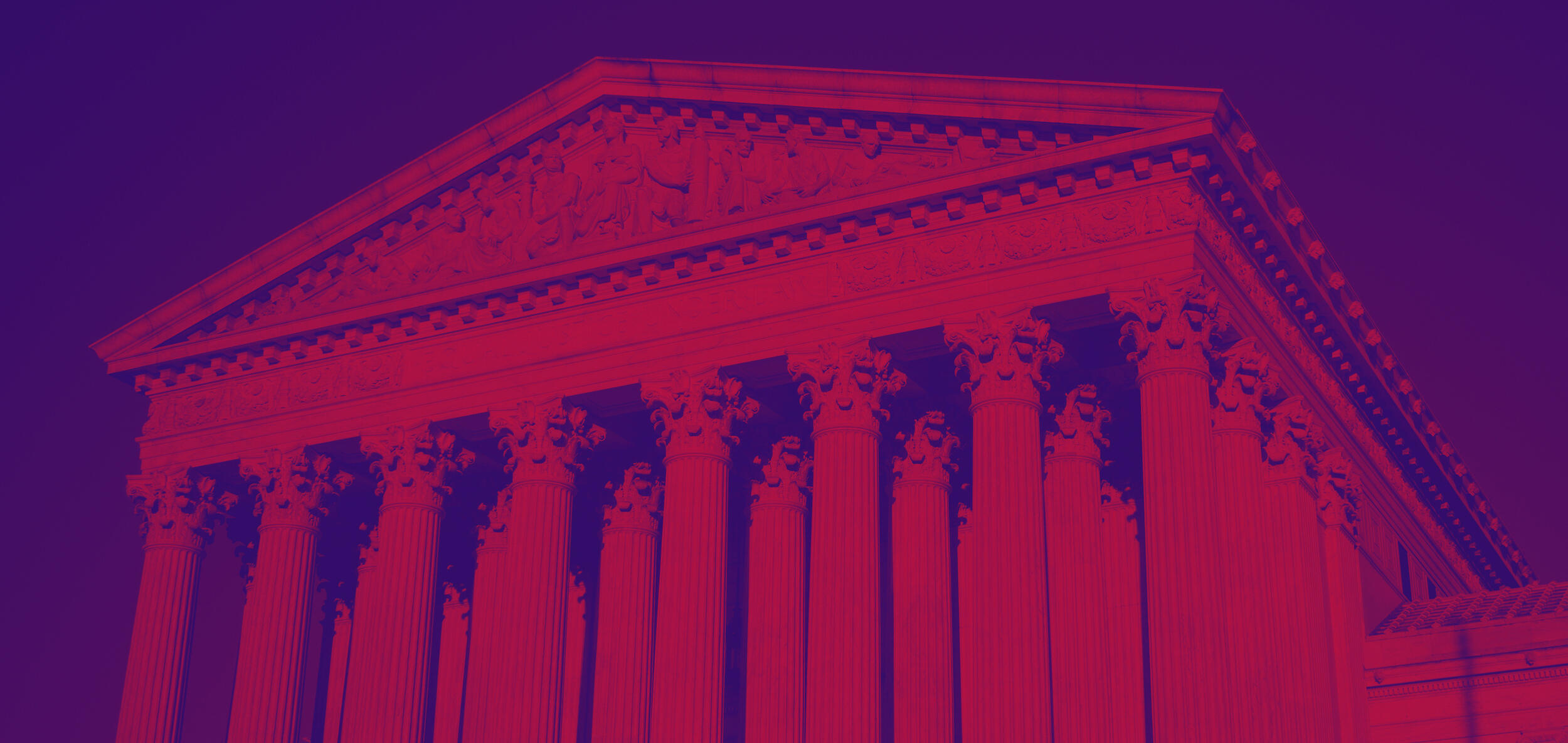
March 4, 2024
What does the Supreme Court’s latest ruling mean for the 2024 presidential election and beyond? VCU analyst offers insight
Share this story
The Supreme Court unanimously ruled Monday that states cannot remove Donald Trump from this year’s presidential ballot for his role in the Jan. 6, 2021, attacks on the U.S. Capitol.
John Aughenbaugh, Ph.D., a Supreme Court scholar and associate professor in Virginia Commonwealth University’s Department of Political Science, offered insight into the ruling.
What did the court actually determine in this ruling?
All the Supreme Court said was states like Colorado, Maine, Illinois – which had removed former President Trump from their ballots – all the Supreme Court said was they can’t. They cannot because the challenges were basically based on the 14th Amendment, Section 3, of the Constitution. The Supreme Court said only the United States Congress, through passing a law, could remove a presidential candidate.
The election has not been decided. If former President Trump wins enough delegates at the Republican National Convention, he will be the Republican Party nominee in November.
How might this ruling be seen through a lens of partisanship?
All nine Supreme Court justices said that what Colorado attempted to do was unconstitutional, so it wasn’t partisan. Now, did all nine agree in regards to the reasoning? No. Five [justices] quite clearly said Congress would have to pass a law defining why former President Trump’s behavior violated Section 3 of the 14th Amendment. Justice Amy Coney Barrett decided the case on “Did Colorado have the constitutional authority to do what it did?” Her answer was no.
The three liberal justices criticized the per curiam opinion for basically saying the only way to remove somebody from a federal office ballot in a state is Congress passing a law. They would have left the door open as to other means in which somebody like former President Trump could be removed. But it was not a partisan decision.
What is a larger takeaway from this ruling with respect to future elections?
Most of us [constitutional law scholars] who read the transcripts or listened to the transcripts from the oral arguments last month are not surprised by the court’s ruling today. I know there have been various commentaries already provided on X and other social media where liberals are very critical of the court. But again, it was a unanimous decision.
If you listen to the oral arguments from last month, even the liberal justices were taken aback by the problem that would arise – if what Colorado did was replicated across the country – because you could have individual states removing presidential candidates from their state ballots. If you just did that in a handful of battleground states, you would effectively determine the outcome of an election – and that’s pretty awe-inspiring to think about.
I’m not entirely sure that states like Colorado, Maine, Illinois understood that this could be then used by Republican-controlled states in the future. That’s the downside of using unusual or unique legal arguments or legal cases to remove a candidate or candidates from a particular party: Once that precedent is set, then the opposition party could use the same tactics in the future.
Subscribe to VCU News
Subscribe to VCU News at newsletter.vcu.edu and receive a selection of stories, videos, photos, news clips and event listings in your inbox.








